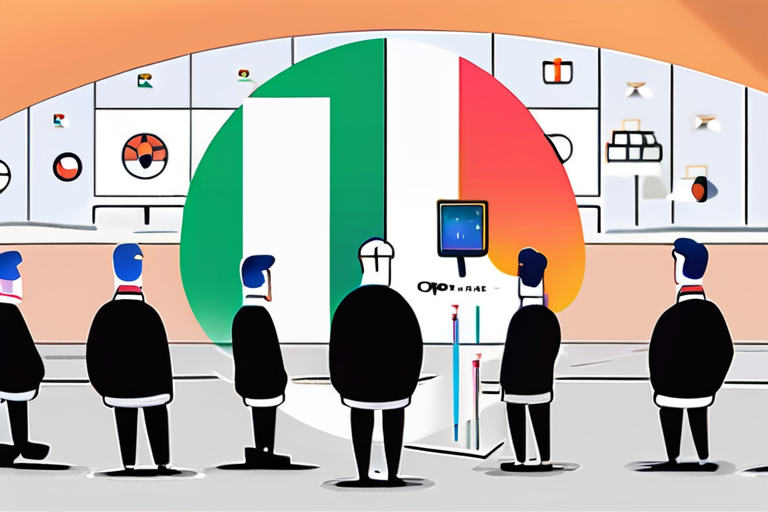Google unveiled Gemini 3, a major upgrade to its flagship multimodal model, which boasts improved reasoning capabilities and more fluid multimodal capabilities. The new model allows users to interact with it in various formats, including voice, text, and images, and can generate dynamic responses tailored to the user's query. According to Google, Gemini 3 introduces generative interfaces, which enable the model to make its own choices about the type of output that best fits the user's prompt.
Google's vice president of research, Blaise Aguera y Arcas, stated, "Gemini 3 is a significant step forward in multimodal AI, allowing users to interact with the model in a more natural and intuitive way. We're excited to see how users will take advantage of this new capability." Aguera y Arcas emphasized that the model's ability to reason and generate dynamic responses will enable users to engage with it in a more fluid and interactive manner.
Gemini 2.5, the previous model, supported multimodal input but required explicit instructions about the format of the output and defaulted to plain text. In contrast, Gemini 3 can assemble visual layouts and dynamic views on its own, making it a more versatile and user-friendly tool. For example, when asked for travel recommendations, Gemini 3 may spin up a website-like interface inside the app, complete with modules, images, and follow-up prompts.
The introduction of generative interfaces in Gemini 3 marks a significant advancement in AI research, enabling models to make their own choices about the type of output that best fits the user's query. This capability has the potential to revolutionize the way users interact with AI systems, making them more intuitive and user-friendly. According to experts, the implications of this technology are far-reaching, with potential applications in areas such as education, healthcare, and customer service.
As AI continues to evolve and improve, experts are cautioning that the increased reliance on AI systems also raises concerns about accountability and transparency. "While Gemini 3 is a significant advancement in AI research, we must also consider the potential risks and consequences of relying on AI systems that can generate dynamic responses," said Dr. Joanna Bryson, a leading AI researcher. "As we move forward with this technology, it's essential that we prioritize transparency and accountability to ensure that AI systems are used responsibly and for the benefit of society."
Google's Gemini 3 is currently available in beta, with the company planning to roll out the full version in the coming months. As the technology continues to develop, experts will be closely watching its progress and potential applications. With its improved reasoning capabilities and generative interfaces, Gemini 3 has the potential to revolutionize the way users interact with AI systems, making them more intuitive and user-friendly.



























Share & Engage Share
Share this article